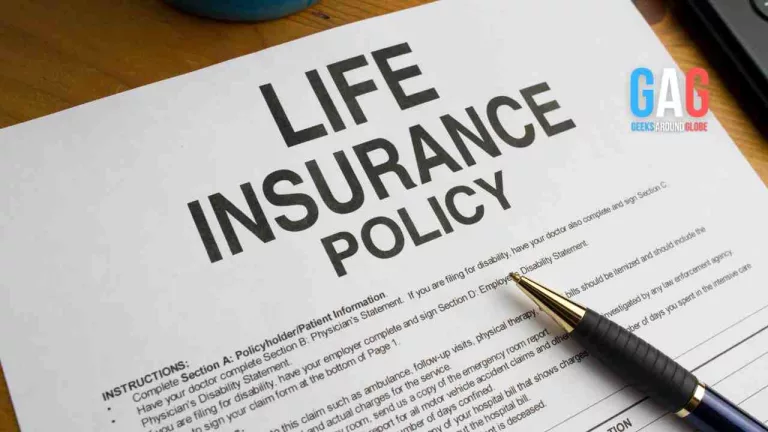Critical illnesses bring a lot of trouble with them! Critical illnesses like heart disease, brain tumour, and cancer are on the rise and can now be seen in a continuously growing number.
Therefore, the financial burden of these critical illnesses is something you should definitely think about. It is very difficult to cope with the additional medical expenses when you already have a family or yourself to take care of. The day-to-day life expenditures like grocery, education, travel, and normal healthcare are also increasing in expensiveness. Additional costs of the medical treatment of this critical illness can be a huge financial loss.
To be safe and sure and to avoid such losses, it is advised to buy critical illness insurance early on in your life. One might argue that having comprehensive health insurance or life insurance is enough, but is it really? Buying life insurance is important, but so is having critical illness insurance.
With all the changes in the insurance world and the advancing technology, the market has an array of options when it comes to even a single category of insurance. So, how to buy the best policy for yourself? Let us understand it in detail.
Critical Illness Insurance
A policy that financially supports you when there is a need for additional funds due to a serious or critical illness is called a critical illness insurance policy. This plan pays a lump sum amount to the policyholder, it is also called the sum assured if there is a medical diagnosis saying they have contracted a critical illness.
Traditional health insurance policies usually do not have provisions for many such illnesses, so it is important for you to consider a separate policy for these illnesses alone.
Factors to Consider Before Buying a Critical Illness Insurance
Like any other insurance policy type, critical illness policies are also unique to themselves. This calls for some critical thinking over which one to choose among the plethora of options.
So, how do you decide which policy to choose? By looking into it keenly and finding desirable attributes in the policy. We have listed a few factors that can help you in your process of choosing a policy.
- List of Illnesses Covered
Every insurance company provides a list of illnesses they will be financially covering under the policy. Some policies have a big list of diseases as opposed to others that have a very limited list.
It is always safe to choose an insurance company that pays attention to many illnesses. The more options, the more chances of you getting covered.
- Coverage Size and Amount Assured
When you consider buying a critical insurance policy, you would consider getting a lump sum amount that will cover the expenses of a critical illness, expenses that are huge.
This is possible when you choose the policy with a really good sum assured. The coverage size should also be able to fulfil your expectations regarding the medical treatments. The policy must cover all possible fields related to the illness.
- Claim Settlement Ratio
The credibility and financial health of an insurance company are reflected in their claim settlement ratio. If the claim settlement ratio of a company is high, it is an indicator of good financial health and ethics.
While a low CSR indicates poor ethics. This is why, when you compare critical illness insurance policies, be sure to check the CSR of the prospective companies.
- The Renewability Clause
Many policy providers have a condition when it comes to the renewability of the insurance policy. It has to do with the age of the policyholder and the risk of having to settle the claim and lose their profit. So, ensure that the insurance company allows you to renew your policy lifelong and not just till the age of 50 or 60!
Final Thoughts
You should also look into other things like the claims, sub-limits, waiting period, survival clauses, age of coverage, etc. Additionally, you should buy critical illness insurance as early as possible.
Going through the clauses and the policy is essential before you put your finger on it. You need to be thorough in your observation to tell whether or not the policy aligns with your requirements.







